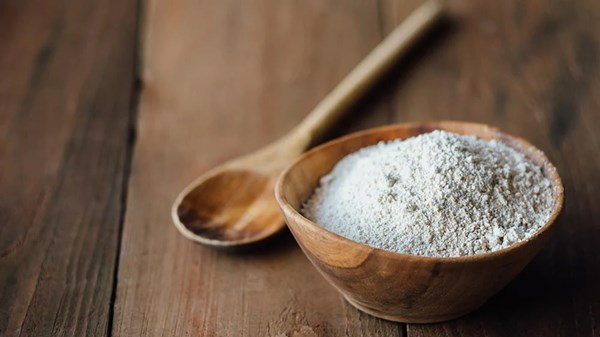The so-called food additives refer to artificially synthesized or natural substances added to food to improve its quality, color, aroma, and taste, as well as to meet the needs of preservation, preservation, and processing technology. The emergence of food additives has greatly promoted the development of the food industry, and their application in daily life is also quite extensive, even known as the “soul of modern food industry”.
But many consumers are concerned that food additives can be harmful to human health. Looking at the issue from the perspective of dosage, but doing so is not scientific. In fact, many foods we come into contact with in our daily lives contain additives.
For consumers, understanding some food additives and their main functions can help them better understand food when choosing. Some candies, chocolates, and bread contain sodium bicarbonate, which can promote the production of carbon dioxide in sugar bodies and thus cause swelling. Carmine and lemon yellow are commonly used pigments and often appear in pastry foods. Sodium benzoate and Potassium Sorbate are preservatives used in most foods. Citric acid can be used to regulate the acidity of food, while vitamin C can have similar effects as antioxidants and preservatives.
Taking the preservative Potassium Sorbate as an example, its ADI value is 0-25mg, which means that a person weighing 50kg is allowed to consume 1250mg of potassium sorbate per day. In fact, the amount of potassium sorbate added to regular food is less than one thousandth, so it is necessary to eat a full 1000kg of food to reach this limit. Also, because the dosage is not large enough, there is basically no harm to physical health.
Post time: Mar-22-2024

